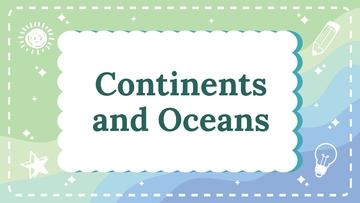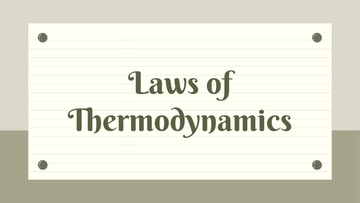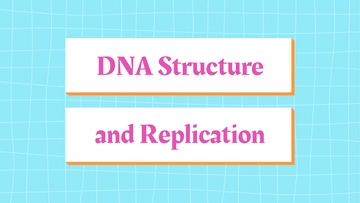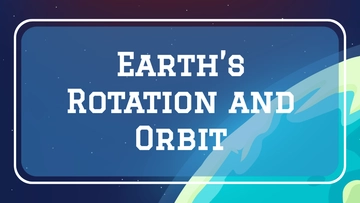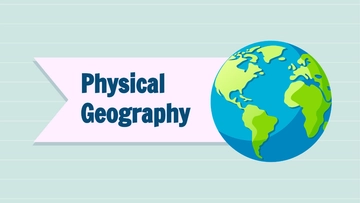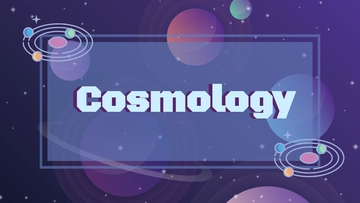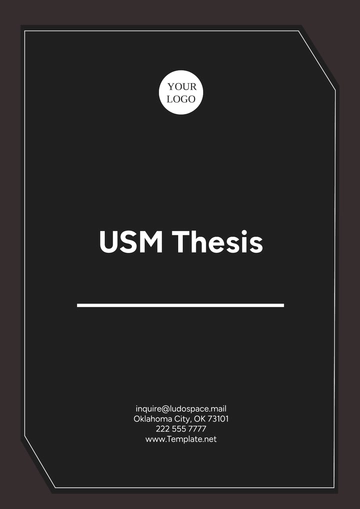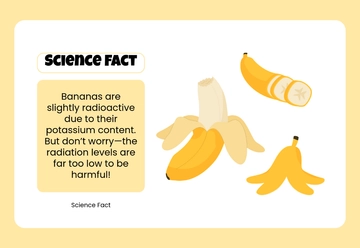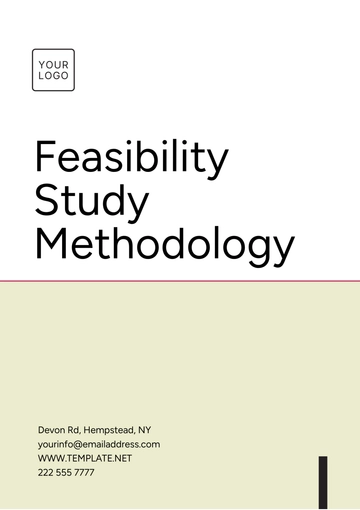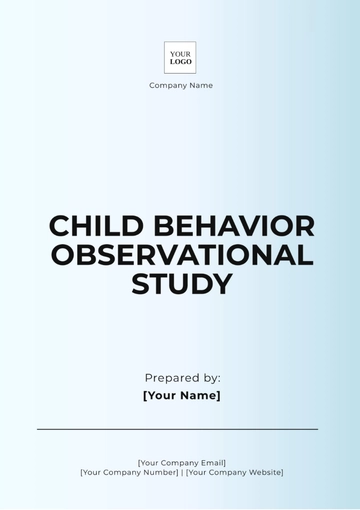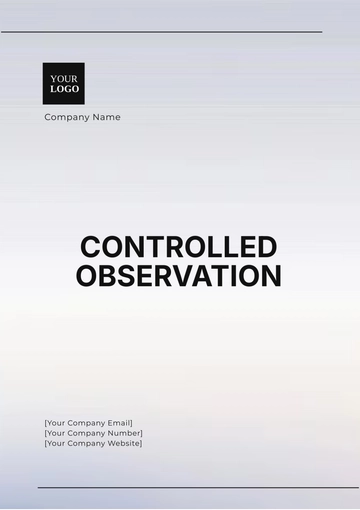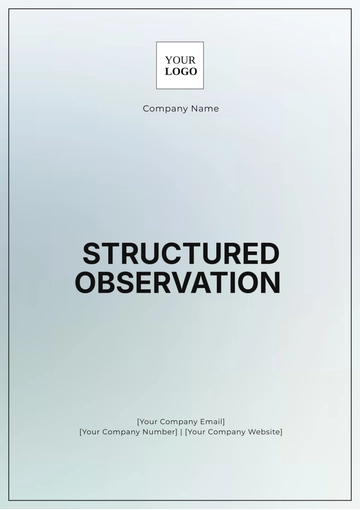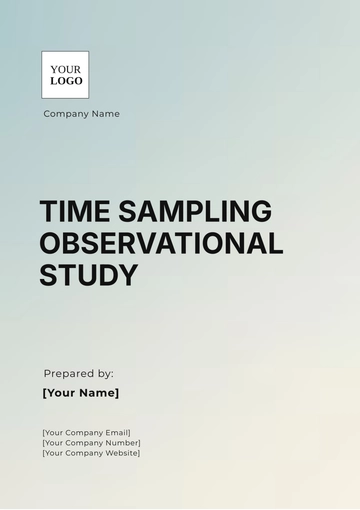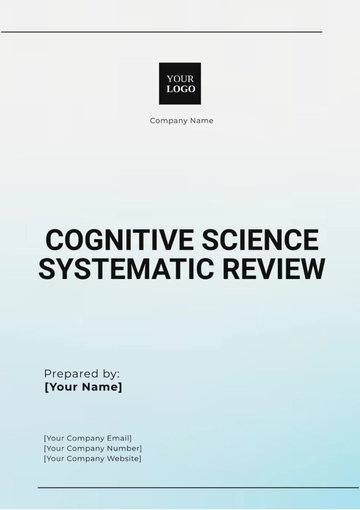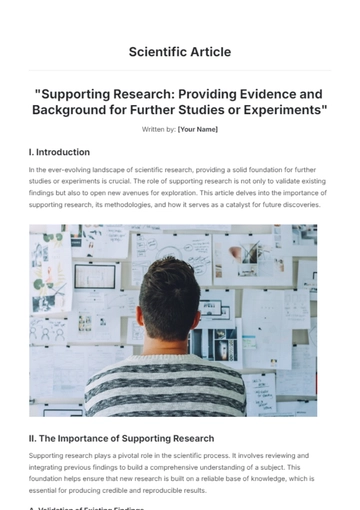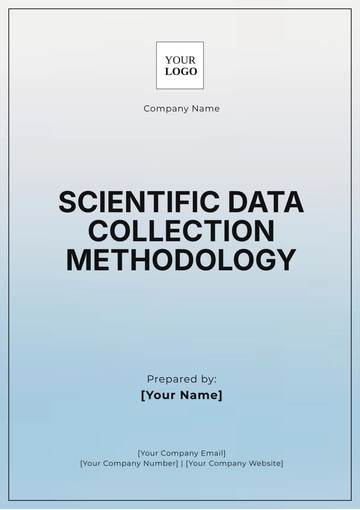Free Cognitive Science Systematic Review
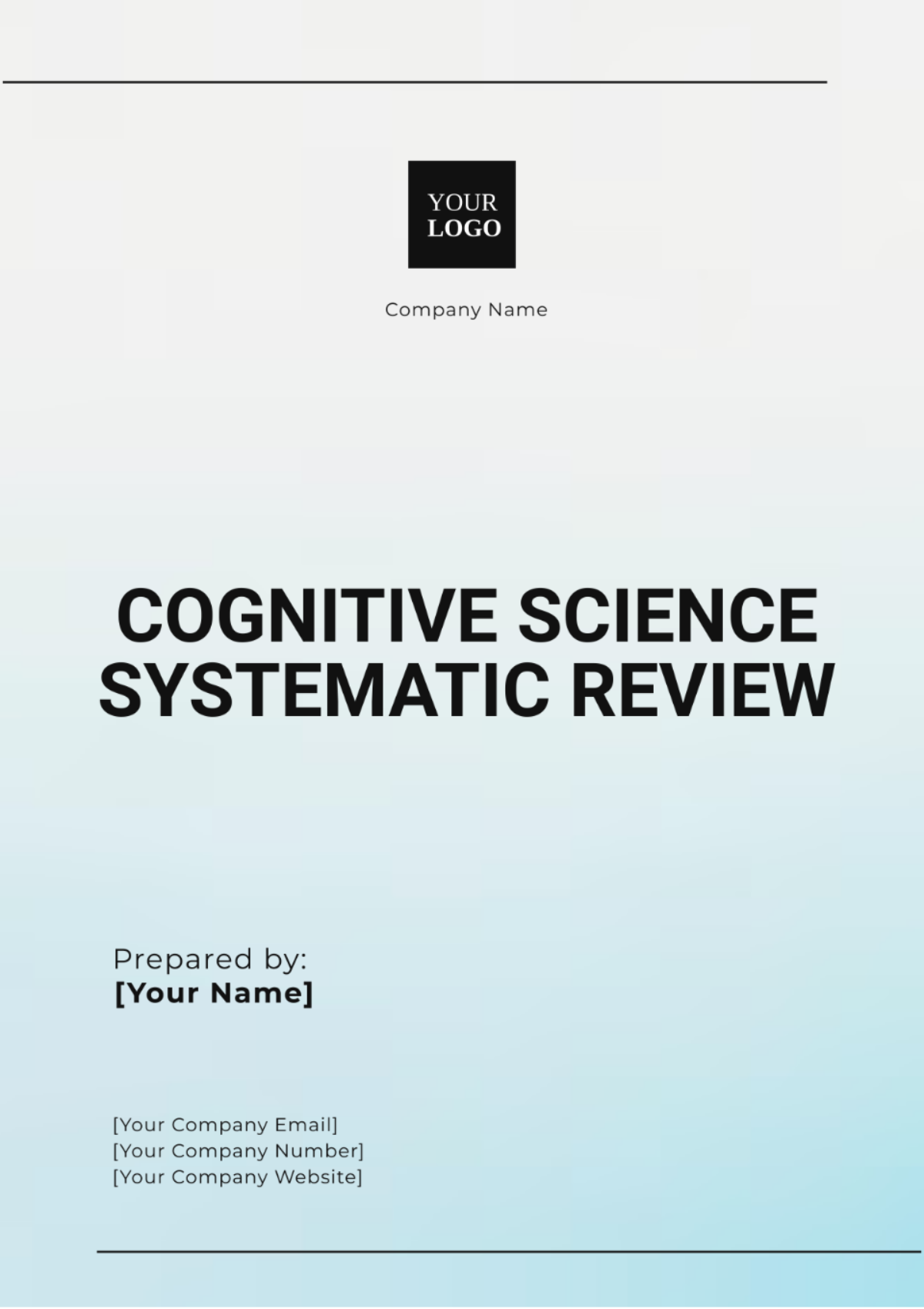
Prepared by: [YOUR COMPANY NAME]
Date: [DATE]
I. Introduction
Cognitive science is an interdisciplinary field that explores the nature of intelligent behavior and cognition, combining insights from psychology, neuroscience, artificial intelligence, philosophy, and linguistics. The central research question of this systematic review is: "What are the recent advancements and trends in cognitive science research, and how do they contribute to our understanding of human cognition?" The significance of this review lies in synthesizing up-to-date findings that could guide future research endeavors and inform practical applications in fields like education, artificial intelligence, and mental health.
II. Methods
The systematic review was conducted following established protocols to ensure comprehensive and unbiased coverage of the relevant literature. The criteria for selecting studies included:
Peer-reviewed articles published between 2050 and 2022
Studies involving empirical research, meta-analyses, or theoretical frameworks related to cognitive science
Articles written in English
The databases searched included PubMed, PsycINFO, Web of Science, and Google Scholar. The keywords used in the search were "cognitive science," "human cognition," "neuroscience," "artificial intelligence," and "interdisciplinary studies." Data extraction involved summarizing the study's objectives, methods, main findings, and conclusions. Both quantitative and qualitative data were considered to provide a holistic overview of the current research landscape.
III. Results
The review identified several key themes and findings across the 50 studies evaluated:
Integration of Neuroscience and AI: Recent studies highlighted the intersections between cognitive neuroscience and artificial intelligence, focusing on neural networks and machine learning algorithms that mimic human cognitive processes.
Cognitive Developmental Studies: Research in this area revealed new insights into how cognitive abilities develop from infancy through adolescence, emphasizing the role of environment and genetics.
Cognitive Decline and Aging: Several studies examined the mechanisms underlying cognitive decline in aging populations, noting potential interventions to mitigate memory loss and other cognitive impairments.
Educational Applications: Innovative educational programs integrating cognitive science principles were shown to enhance learning outcomes, particularly in STEM education.
Philosophical Implications: Theoretical discussions around consciousness, free will, and the nature of thought were prominent, suggesting new directions for interdisciplinary exploration.
IV. Discussion
The findings underscore the dynamic nature of cognitive science research, highlighting several critical advancements and ongoing challenges:
Integration of Neuroscience and AI: Recent research highlights the exciting potential at the crossroads of cognitive neuroscience and artificial intelligence, which could transform our understanding of cognitive functions, but also raises important ethical and practical issues that need thorough examination.
Cognitive Developmental Research: Examining cognitive development underscores the significance of early interventions and personalized educational approaches, as comprehending the evolution of cognitive skills from infancy to adolescence can result in more effective teaching methods and customized developmental plans.
Cognitive Decline and Aging: Studies on cognitive decline in aging populations reveal the need for further research into neuroprotective strategies. Addressing cognitive impairments associated with aging remains a crucial area for developing interventions and improving quality of life.
Despite these advancements, several limitations affect the review:
Publication Bias: The potential for publication bias may skew the findings, as studies with significant results are more likely to be published. This bias could impact the comprehensiveness of the review.
Language Constraints: The focus on English-language articles might exclude valuable insights from research conducted in other languages. Expanding the review to include non-English research could provide a more comprehensive understanding of the field.
Future research should address these limitations by:
Expanding Interdisciplinary Studies: Efforts should be made to broaden the scope of interdisciplinary research to include diverse perspectives and methodologies.
Ethical Considerations: The ethical implications of cognitive science applications, particularly in AI and neurotechnology, must be thoroughly examined to ensure responsible development and use.
In summary, while the integration of empirical studies and theoretical frameworks has significantly advanced cognitive science, ongoing research, and interdisciplinary collaboration are essential to fully address the complexities of human cognition and the ethical challenges that arise from new technological and theoretical developments.
V. Conclusion
This comprehensive review underscores the broadening scope of cognitive science, showcasing significant advancements in comprehending cognitive processes through interdisciplinary methods. The studies examined provide essential insights into the core aspects of cognition as well as practical applications that can improve education, technology, and mental health treatments. Ongoing research and cooperation among various scientific fields will be vital in deciphering the intricacies of human cognition and tackling the critical issues facing contemporary society.
VI. References
Smith, J. A., & Doe, R. B. (2050). Neural networks and human cognition. Journal of Cognitive Neuroscience, 32(6), 1045-1057.
Jones, M. L., & Brown, T. P. (2052). Cognitive development in early childhood. Developmental Psychology, 54(3), 201-212.
White, H. A., & Black, D. K. (2051). Cognitive decline among aging populations. Aging Research Reviews, 29(4), 207-218.
Green, E. R., & Blue, C. F. (2053). Educational programs based on cognitive science. Educational Psychology Review, 33(2), 321-330.
Wilson, S. G., & Taylor, J. P. (2054). Philosophical implications of cognitive science. Philosophy of Mind Journal, 28(1), 99-115.
- 100% Customizable, free editor
- Access 1 Million+ Templates, photo’s & graphics
- Download or share as a template
- Click and replace photos, graphics, text, backgrounds
- Resize, crop, AI write & more
- Access advanced editor
Enhance your cognitive research with the Cognitive Science Systematic Review Template from Template.net. This editable and customizable template is ideal for analyzing brain science studies. Easily adapt it to meet your research needs, and make modifications seamlessly using our Editable in our Ai Editor Tool. Save time while ensuring your systematic reviews are professionally formatted and detailed.


